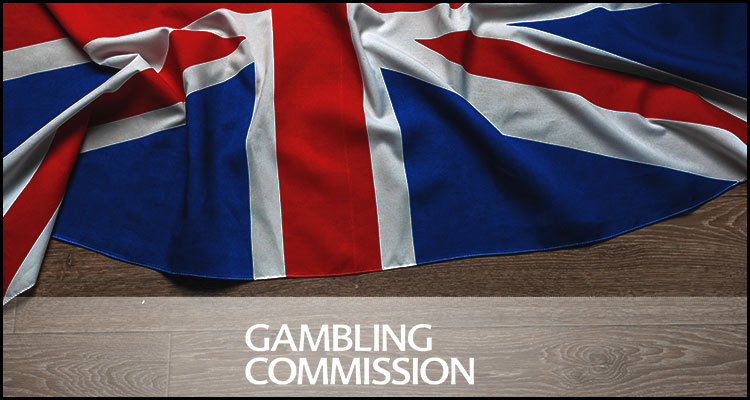A pair of officials from the UK Gambling Commission have reportedly told legislators that their body currently has little authority to police the purchase by video gamers of extra in-game content and so-called ‘loot boxes.’
Extra attractions:
According to a Monday report from the British Broadcasting Corporation (BBC), the player packs offered by the FIFA series of video games is just one example of such add-ons with participants often only being made aware of the identity of their additional characters after purchase.
Committee testimony:
The BBC reported that the regulators were giving evidence in front of a Department for Culture, Media and Sport (DCMS) select committee looking into additive and immersive technologies and explained that current United Kingdom legislation only gives the Gambling Commission jurisdiction over prizes that have an official monetary value. They purportedly also detailed that there had long been no way to monetize such add-ons but that this changed following the appearance of several unauthorized third-party sites that allow video gamers to sell and buy these extras or use them as a virtual currency.
Steady struggle:
Brad Enright, Programme Director for the Gambling  Commission, reportedly told the DCMS committee that games publishers such as American giant Electronic Arts Incorporated, which is responsible for the FIFA series, are facing ‘a constant battle’ against such illicit markets despite the imposition of terms and conditions that explicitly prohibit the trade in add-ons.
Commission, reportedly told the DCMS committee that games publishers such as American giant Electronic Arts Incorporated, which is responsible for the FIFA series, are facing ‘a constant battle’ against such illicit markets despite the imposition of terms and conditions that explicitly prohibit the trade in add-ons.
Enright stated…
“There is unquestionably a demand for a secondary market.”
Indiscriminate unease:
The similarly random nature in the makeup of ‘loot boxes,’ which usually involve bonus content such as additional weapons and costumes, has led to a large amount of criticism from parents worried that this state of affairs may be tempting their children into buying again in order to get the result they want.
Adolescent apprehension:
Neil McCarthur, Chief Executive for the Gambling Commission, reportedly told the DCMS committee that there are ‘significant concerns’ around under-18s playing video games that contain elements of expenditure or chance and that this anxiety had already led officials in Belgium to institute a total ban on ‘loot boxes.’
McCarthur commented…
“There are other examples of things that look and feel like gambling that legislation tells you are not [such as] some prize competitions. But because they have freeplay or free entry, they are not gambling but they are a lot like a lottery.”
‘Skins betting’:
The DCMS committee was moreover  informed about so-called ‘skins betting,’ which involves third-party websites allowing participants to illicitly wager the contents of their ‘loot boxes’ on slot-like games for the chance to win actual cash prizes. Enright purportedly proclaimed that the Counterstrike: Global Offensive title from Valve Corporation was especially popular among fans of this activity and that the Gambling Commission has long been asking publishers to do more to help inhibit the practice.
informed about so-called ‘skins betting,’ which involves third-party websites allowing participants to illicitly wager the contents of their ‘loot boxes’ on slot-like games for the chance to win actual cash prizes. Enright purportedly proclaimed that the Counterstrike: Global Offensive title from Valve Corporation was especially popular among fans of this activity and that the Gambling Commission has long been asking publishers to do more to help inhibit the practice.
Enright added…
“We have said [to the video games industry that] ‘it’s not enough to say we don’t want this happening’. We’ve been robust and said ‘we can see you have terms and conditions but what are you doing to apply them?’. Where we have drawn their attention to British consumers including children taking part in gambling, they have closed [‘skin betting’ sites] down. We think Valve Corporation in the United States should do more.”



